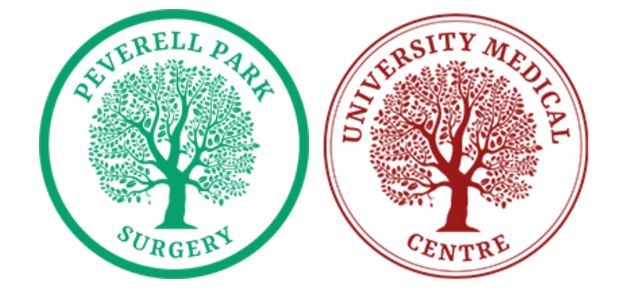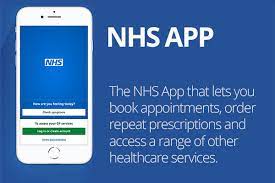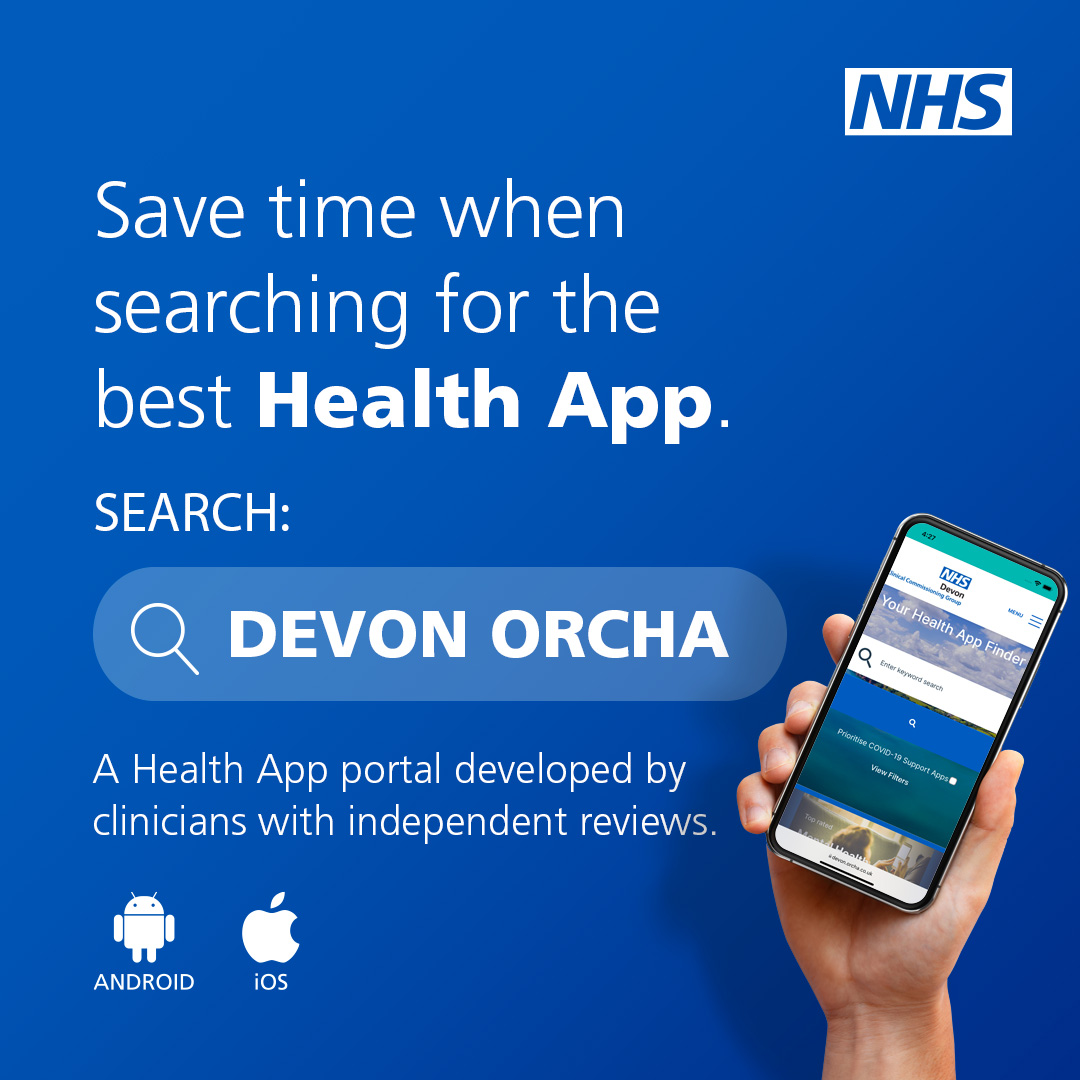Peverell Park Surgery & University Medical Centre
Peverell Park Surgery | 01752 766644
University Medical Centre | 01752 222341
Online Consultation is available between 8:00am-3:00pm weekdays (excluding Bank Holidays). Click on the Appointments menu below and select Online Consultation.

NHS catching more cancers earlier than ever before
Last year (2021-2022), over 100,000 (100,461) patients were diagnosed with cancer at stages one or two when it is easier to treat – the highest proportion on record.
Record numbers of people are getting checked for cancer – almost half a million more patients were checked between March 2021 and August 2022, compared to the same period before the pandemic.
Thanks to extensive NHS campaigns and early diagnosis drives, 471,233 more people were referred for cancer during this period – helping to recover the drop in people coming forward during the pandemic, when around 370,000 fewer people received checks.
Over the last 18 months, NHS staff have been working hard to recover the shortfall in cancer referrals. Now, more than a fifth more people with suspected cancer are being referred every month compared to pre-pandemic levels.
One in every four GP referrals is currently for suspected cancer, and in August alone, a quarter of a million people (255,055) were checked following an urgent GP referral in August – the highest number since records began.
Alongside the rapid recovery of services, the NHS continues to put in place extensive plans to increase early diagnosis in line with the NHS Long Term Plan ambitions – rolling out new initiatives from lung scanning trucks in the heart of local communities to high street cancer checks and cancer symptom hotlines.
NHS ‘one stop shops’ have already delivered over two million checks and tests since July 2021, including for cancer, since the rollout began, with over 90 community diagnostic centres (CDCs) offering MRI, CT and other services closer to patients’ homes, often in the heart of local communities.
Dame Cally Palmer, National Cancer Director for the NHS in England, said: “We will not stop in our efforts to catch cancers earlier and save more lives.
“We know fewer people came forward for cancer checks in the early stages of the pandemic, but thanks to the hard work of staff, we have now identified and caught up on those missing referrals, while more people are being diagnosed at an early stage than ever before – giving patients and their families the best chance of a successful outcome.
“But we will not stop there and NHS staff continue to roll out new initiatives from community scanning trucks to high street checks – making it as easy as possible for those most at risk to get vital, lifesaving tests – so if you are worried you may have symptoms of cancer, please come forward and get checked.”
Minister for Health Helen Whately said: “Thanks to the hard work of the NHS, more patients are getting checked for cancer, and getting checked sooner. Early diagnosis means people have a better chance of successful treatment so this increase in cancer checks is really important.
“I want to see these figures continue to improve, especially as we now have 91 new NHS community diagnostic centres open across the country.
“We continue to do all we can to fight cancer including through the targeted lung health check programme, rolling out ways to diagnose more difficult cancers sooner and continuing the successful Help Us Help You symptom awareness campaigns.”
National Clinical Director for Cancer, Professor Peter Johnson, said: “Lives are saved when cancers are caught early and when more people are referred for tests, which is why the NHS has put so much effort into early diagnosis in recent years – and thanks to NHS staff we are making progress on our commitment to catch cancers earlier, when they are easier to treat.
“We know that some people were worried about coming for tests during the pandemic but if you do have any worrying symptoms, please do contact your GP and get checked out.”
The new figures come alongside the next phase of the NHS campaign to help people recognise the symptoms of abdominal and urological cancers, with TV and radio adverts, and social media posts.
The campaign, which previously ran alongside a lung cancer campaign between August and October last year, reached millions of people across the country and resulted in hundreds of thousands more people visiting the NHS website for support – a seven-fold (695%) increase on the three months before the campaign.
For the next three weeks, the TV adverts will re-appear across screens, encouraging people who are experiencing tummy troubles, such as discomfort or diarrhoea for three weeks or more, or blood in pee – even just once, to contact their GP practice.
As set out in the NHS elective recovery plan, around £2.3 billion is being invested to expand diagnostics and £1.5 billion for treatment, with a focus on cancer, to ensure wait times are addressed for everyone.
Peverell Park Surgery
- Monday
08:00am to 06:00pm
Phones open at 08:00 / Doors open at 08:30 - Tuesday
08:00am to 06:00pm
Phones open at 08:00 / Doors open at 08:30 - Wednesday
08:00am to 06:00pm
Phones open at 08:00 / Doors open at 08:30 - Thursday
08:00am to 06:00pm
Phones open at 08:00 / Doors open at 08:30 - Friday
08:00am to 06:00pm
Phones open at 08:00 / Doors open at 08:30 - Saturday
CLOSED - Sunday
CLOSED










